5. Bob le Flambeur (1956)
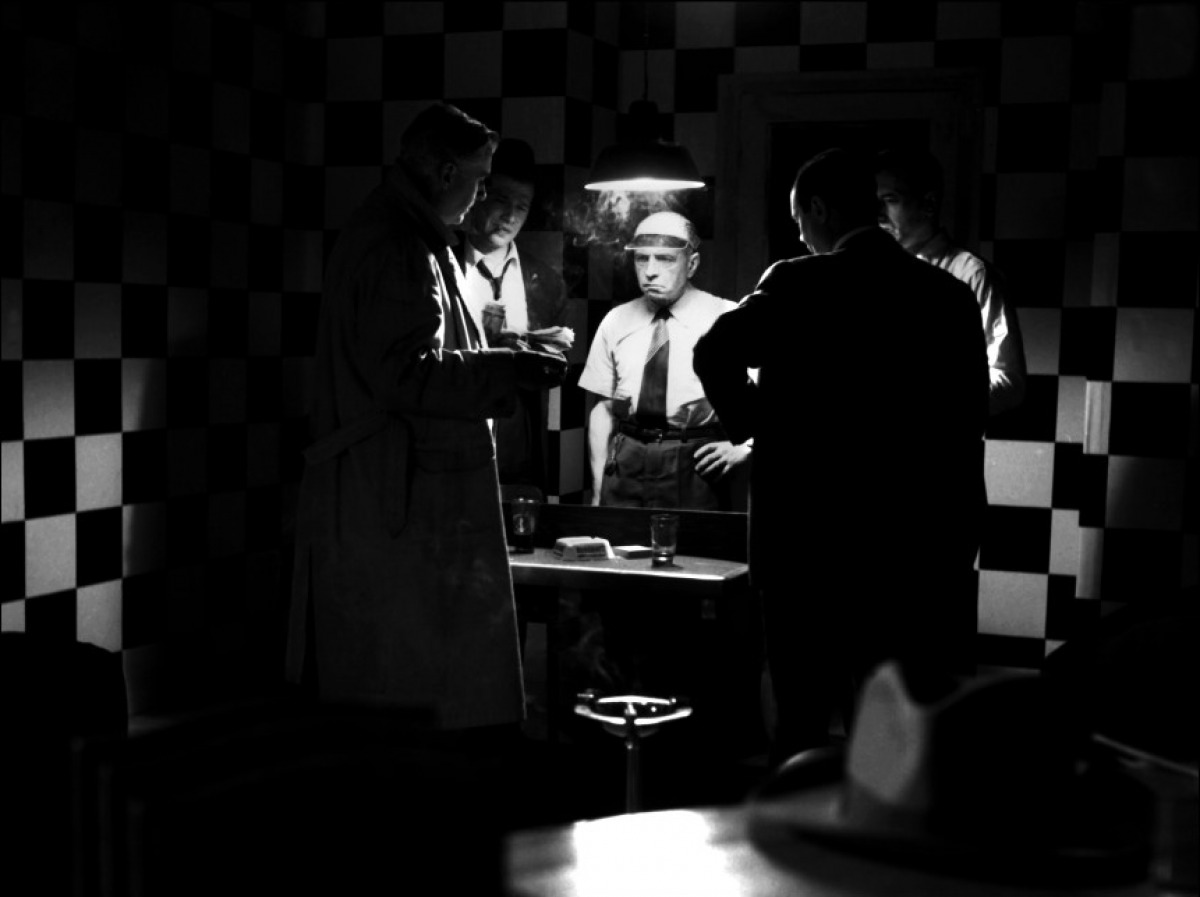
Directed by legendary French director Jean-Pierre Melville, “Bob le Flambeur” is a unique blend of American film noir and French art house cinema. Often associated with the French New Wave, “Bob le Flambeur” is one of the coolest gangster movies of all time.
The film tells the simple story of Bob (Roger Duchesne), a well-dressed gambler who lives in Paris. Bob, who was an ex-gangster and ex-convict, is a compulsive gambler who is respected by almost everyone, even the police. When Bob loses all of his money, he decides to rob a casino that keeps a great fortune on site. Thus, he enlists a bunch of friends, smugglers, and gangsters to help him.
Overshadowed by Melville’s crime masterpiece “Le Samourai,” “Bob le Flambeur” is a cool gangster movie as well as a sophisticated thriller that has inspired a lot of American films, such as the Ocean’s trilogy.
Unlike Alain Delon’s character in “Le Samourai,” Bob is an honest guy that lives his life to the fullest. Not only has the great French director managed to create a unique portrait of a memorable character, he also created a marvellous gangster film.
Melville’s filmography can be described as an ode to postmodernism. This is also the case of a postmodern, cool, and elegant art house thriller that will definitely be a pleasant surprise for those who enjoy the cinema of the Nouvelle Vague.
4. The Bad Sleep Well (1960)
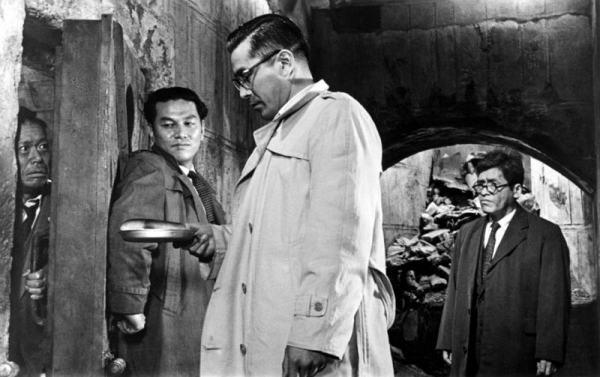
“The Bad Sleep Well” is an overlooked masterpiece created by one of the greatest directors of Japanese cinema, Akira Kurosawa. The film follows the tragic story of Nishi (Toshiro Mifune), a car salesman, as he attempts to marry the daughter of a wealthy businessman in order to seek revenge for his father’s death.
It is quite obvious that “The Bad Sleep Well” is a morally complex film that stands out as a subtle commentary on the corporate and political corruption in postwar Japan. It is a homage to classic films noir of the 1940s with upbeat music and exceptional direction.
Not only it is a bleak depiction of a corrupt and immoral society, but it is also a visually stunning drama with gorgeous black-and-white photography and spellbinding performances. In addition, the great Japanese actor Toshiro Mifune is absolutely mesmerizing as a young man who seeks justice.
Although Kurosawa is known for his samurai films, the legendary director has also created magnificent crime movies as well as suspenseful thrillers (“High and Low,” “Stray Dog”). “The Bad Sleep Well” isn’t just a caustic adaptation of Shakespeare’s “Hamlet,” but also the case of a well-crafted Hitchcockian thriller.
Despite the fact that this genuinely intense thriller was overshadowed by Kurosawa’s other Shakespeare adaptations, such as “Macbeth” (“Throne of Blood”) and “King Lear” (“Ran”), it is one of the best movies about greed, corruption, and deception. A hidden gem of Kurosawa’s critically acclaimed filmography.
3. Bad Timing (1980)
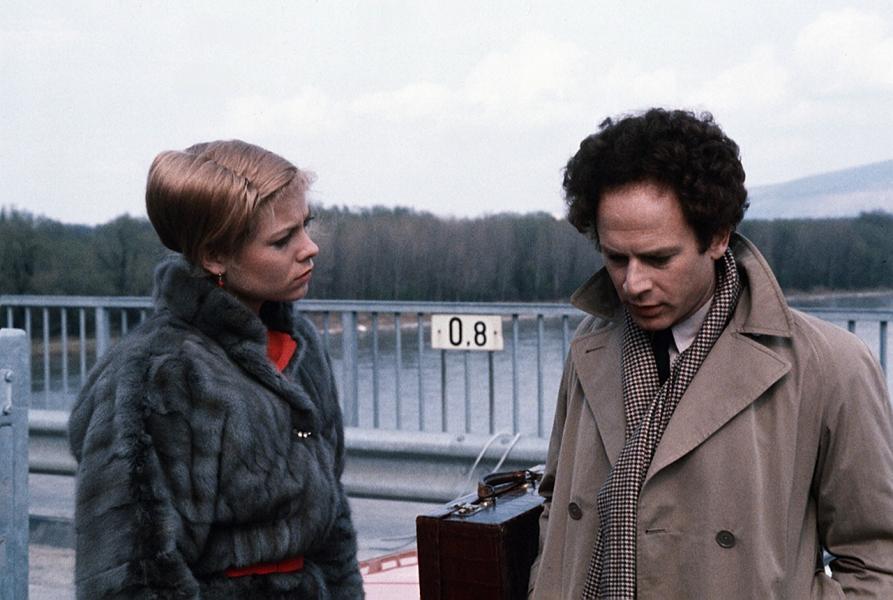
“Bad Timing” is a psychosexual thriller directed by critically renowned director Nicolas Roeg. It is an upsetting mystery that details the stormy relationship between a young American woman named Milena (Theresa Russell) and an American psychiatrist named Alex Linden (Art Garfunkel) living in Vienna. When Milena ends up to a hospital after overdosing on , police inspector Netusil (Harvey Keitel) investigates her apparent suicide attempt as well as her affair with professor Linden.
Through nonlinear flashbacks, the great British director manages to create a sensational atmosphere of pure eroticism and sexual mysticism. The doomed affair of the two protagonists reveals the tragic and unforeseen consequences of sexual obsession.
The influence of rock music in Roeg’s work was tremendous, since he has cast rock musicians in leading roles for many of his films. To be more specific, Mick Jagger appeared as the main character in “Performance,” whereas the iconic David Bowie had the lead performance in the film “The Man Who Fell to Earth.”
“Bad Timing” features American musician Art Garfunkel in a towering performance. In addition, the great camera work, the amazing collection of songs, and the outstanding performance by Russell enhance the atmosphere of this riveting experience.
Not only is “Bad Timing” a close examination of modern relationships, psychoanalysis, and sexual obsession, but it is also an intriguing thriller that will pull you out of your comfort zone. A unique blend of art house and cult cinema.
2. Le Trou (1960)
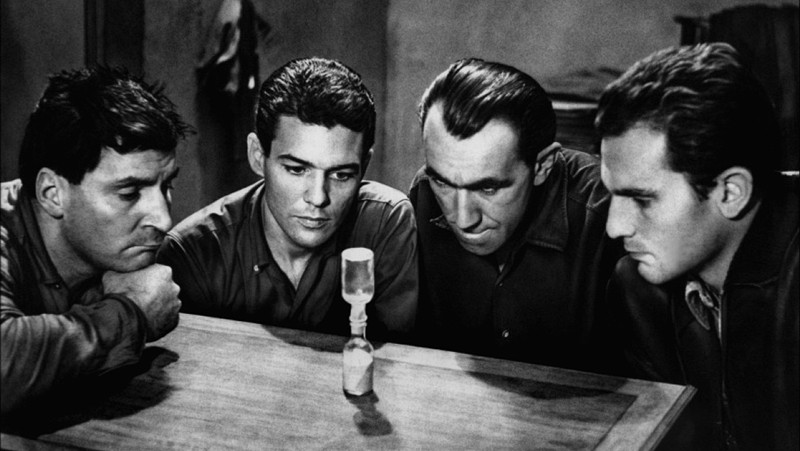
“Le Trou” (“The Hole”) is Jacques Becker’s highly personal final film as well as one of the greatest prison break films of all time. Not only it is the swan song of the genius French artist, but it’s also a realistic and minimalistic depiction of the horrors of life in prison.
This powerful drama follows the story of four inmates as they are plotting a detailed escape when a fifth inmate is placed in their cell. At first, the four prisoners had a lot of reasons to distrust the new inmate, because he was relocated unexpectedly to their overcrowded cell.
Eventually, he is accepted by the majority of the group and he helps their elaborate plan to escape via digging a hole in the cell. What follows is probably one of the best prison break scenes of all time.
Set in France, the movie is an adaptation of the book by José Giovanni (“The Break”) that is based on a real escape attempt from the La Santé Prison (Paris, France) in 1947.
The great Jacques Becker manages to create a depiction of a living hell without any exploitation or visual effects. The static camera, the long scenes, and the absence of music are quite effective in enhancing the suspenseful atmosphere. Becker’s cinematic vision is quite similar to Robert Bresson’s minimalistic and thought-provoking cinema.
All in all, Becker’s “Le Trou” is a triumph of simplicity as well as an engrossing art house masterpiece of French cinema.
1. L’Aveu (1970)
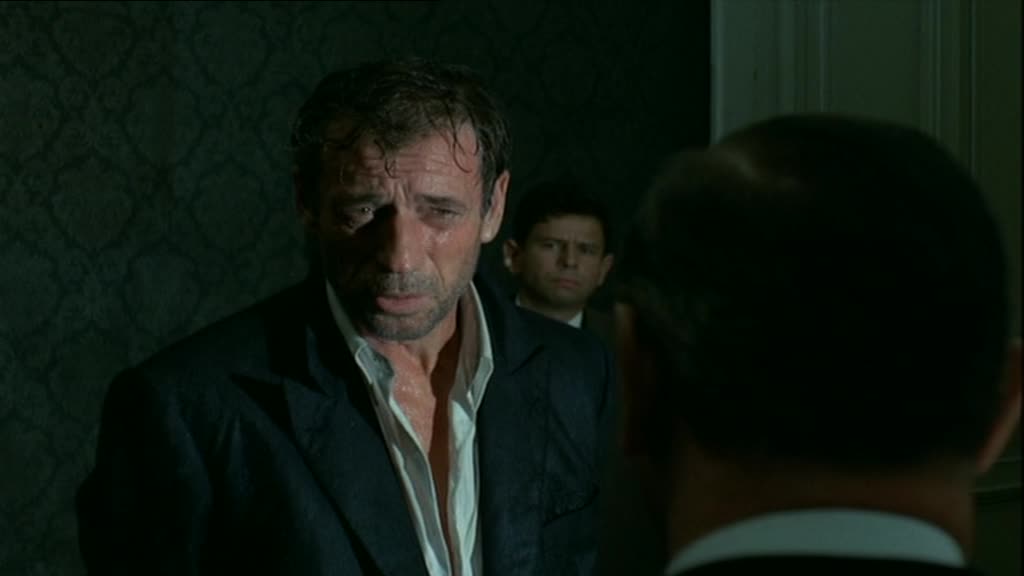
Directed by Costa-Gavras, “L’Aveu” (“The Confession”) is one of the most tense political thrillers of European art house cinema. The director of the critically acclaimed “Z” created another brutally honest depiction of political injustice.
The film tells the story of Gérard (Yves Montand), a loyal communist who is the vice-minister of the Foreign Affairs of Czechoslovakia. Although he was imprisoned by the Nazis during World War II, he is now being followed by undercover agents of the state. Finally, he is arrested without being officially charged and he is being mentally tortured. Through a severe interrogation, he is forced to confess to treason as well as a number of political crimes.
Based on the true story of Czechoslovakian communist Artur London, “L’Aveu” is a thrilling examination of a bleak period of time after the tragedy of World War II. Through this compelling academic exercise, Costa-Gavras questions the political concept of totalitarianism as well as the socialist theory of Stalinism.
Not only does the great director manage to create a claustrophobic drama, but he also creates a Kafkaesque thriller about political violence. In addition, legendary actor Yves Montand delivers an outstanding performance as the character who is being severely tortured.
To sum up, it is quite obvious that “L’Aveu” is a masterpiece of European cinema that is criminally underappreciated. It is undeniably a haunting experience that will stay with you for a long time.